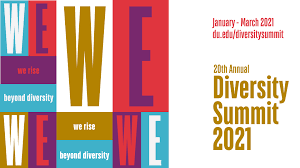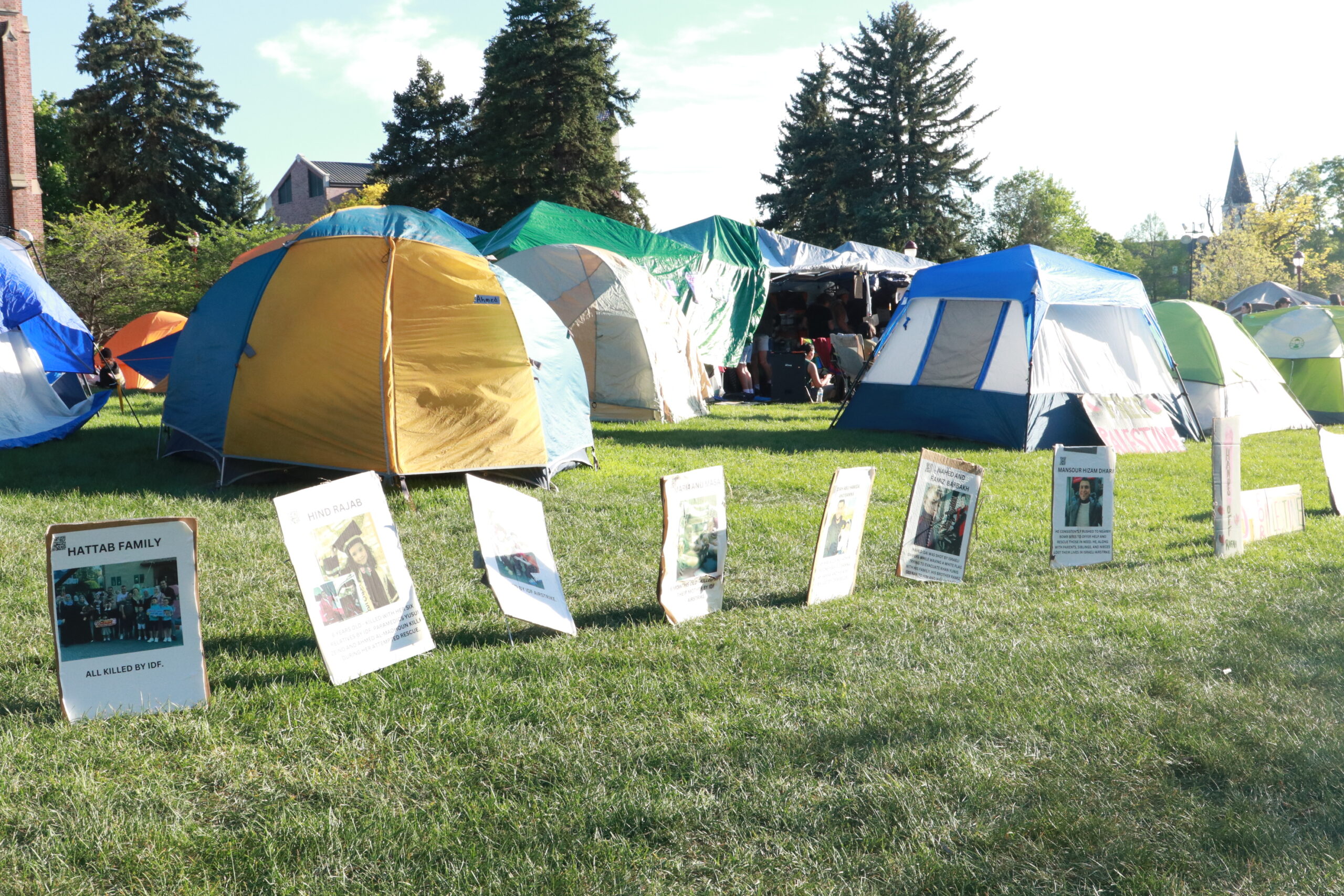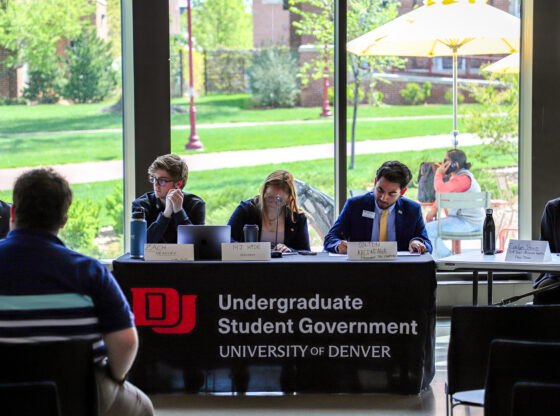On Thursday, March 4, Chancellor Jeremy Haefner hosted the final session of DU’s 20th annual Diversity Summit. Haefner spoke with Dr. Kevin McDonald, vice president of diversity, equity and inclusion at the University of Virginia, about antiracism and the complex institutional history which universities hold.
McDonald has worked in the U.S. Department of Justice and in several different universities across the United States, including the University of Missouri. Haefner and McDonald discussed his time in Missouri and how he faced the challenge of healing the community following on-campus protests for racial justice in 2015. The protests were driven by the university’s lack of response to the 2014 Ferguson, MO protests and ongoing racially-driven incidents of discrimination throughout campus.
“I think it is important to not just think of our own leadership roles but to ultimately make sure our constituents are engaged in that process [of healing] in a collaborative way. We wanted to be reflective of the past in a way that informs the present and future,” McDonald said.
Haefner paused the discussion to acknowledge the Native American land DU sits on before asking Dr. McDonald about reckoning with the University of Virginia’s past. The University of Virginia, under Thomas Jefferson’s design, was built entirely using slave labor. The university recently built a memorial to commemorate those who constructed it, with 973 known names inscribed in the monument and a total of 4,000 blank spaces to represent the remainder of the enslaved peoples.
DU is currently in the process of planning its own memorial to acknowledge the university’s involvement in the Sand Creek massacre. With the guidance of the Native American Community Advisory Board, DU has established a Sand Creek Massacre Memorial Working Group that will work to build a memorial that honors the lives and communities lost in the attacks. The group is made up of DU faculty, staff, students, alumni and Native community representatives who will begin meeting during the spring quarter. McDonald shared his advice with Haefner on how to effectively create said memorial in a healing manner.
“I am a firm believer in co-creation, such as a tribal consultation policy that governs how the University of Denver engages with the past. This memorial can be a part of the [healing] process,” McDonald said.
McDonald further discussed the University of Virginia’s connection to Thomas Jefferson and the idea of re-contextualizing history. Jefferson founded the public university in 1819; his connection to slavery is still a subject of pain for the university. He emphasized the importance of acknowledging the truth and its role in healing and pushing for a more complete view of the school’s history.
Haefner commented that DU is hoping to create a curriculum to evaluate its own history and its founders’ involvement with violence against Native American and Indigenous communities.
The university has received recent backlash for retaining the “Pioneer” moniker despite repeated protests from the student body and groups like Righteous Anger! Healing Resistance! (RAHR). In addition to protests, RAHR launched campaigns like #NoMorePios and #ThisIsWhatPioneeringLooksLike, showcasing how the moniker has emboldened racism in the past at DU. The university has since launched a website encompassing DU’s history and Indigenous initiatives and expanded scholarship opportunities for Native American students.
Accountability and transparency were recurring themes in Dr. McDonald’s practice. Dr. Christopher Whitt, DU’s newly appointed vice chancellor for diversity, equity and inclusion, echoed this sentiment when he joined the discussion. He touched on the administration’s responsibility to facilitate change.
“Take the time to reflect and ask for input, then in a transparent fashion continue to update students. A lot of times, these issues [that] we have been discussing have gotten even worse because of lack of transparency,” Whitt said.
Haefner reaffirmed DU’s commitment to upholding transparency in its ongoing journey to create a more inclusive and aware environment for all of its students.
“Transparency has been lacking, and I think we’re taking major steps forward. There’s still so much more to be done in that space,” Haefner said.
Going forward, Dr. McDonald highlighted the importance of universities and their administrations continuing to push for more equitable environments for their students.
“Given the moment that we are in now and the movements that happened this summer, you can never take your foot off the gas because there are new challenges that have emerged,” McDonald said.
This year’s Diversity Summit comes at a time of protest both on campus and across the country. McDonald’s statement reflects the overarching sentiment of the discussion: the importance of universities continuing to fight for a more welcoming and healing space, especially during moments of unrest.











